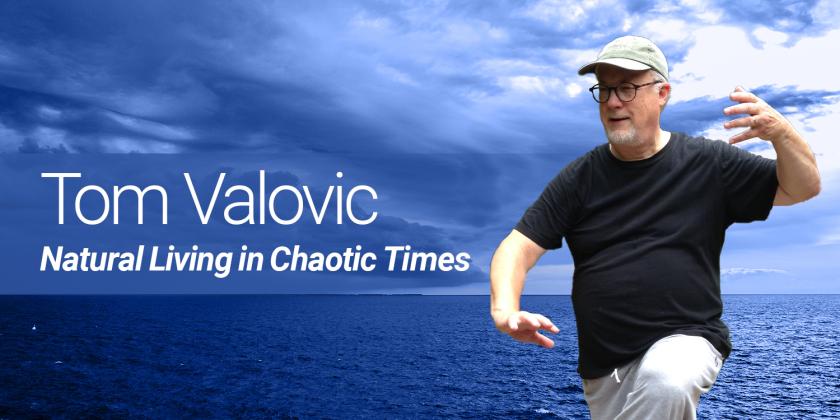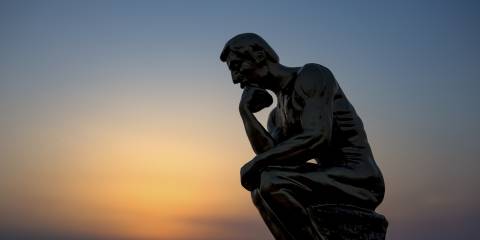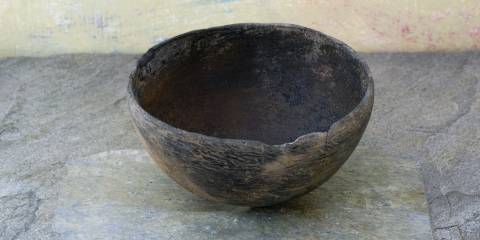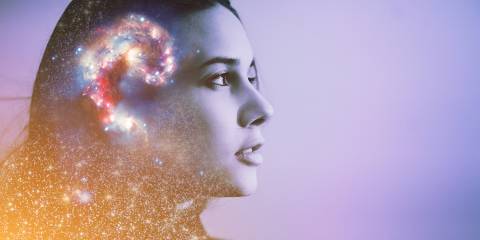Natural Living in Chaotic Times

Modern life isn't easy. This blog explores ancient traditions and emerging concepts in healthcare, politics, culture, spirituality, and the environment.
Don't Miss a Thing!
Get the latest articles, recipes, and more, when you sign up for the tasteforlife.com newsletter.







